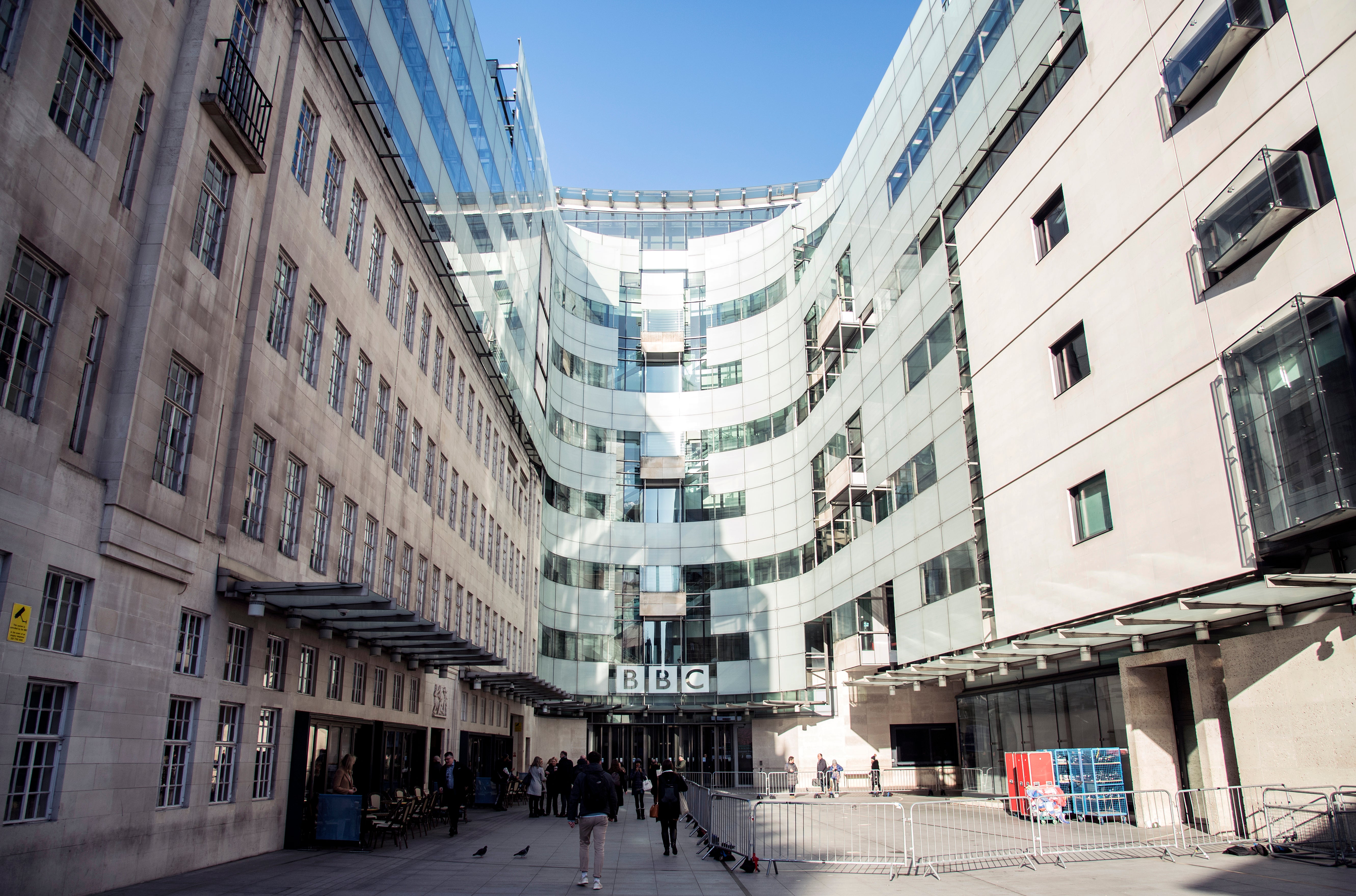The world can live without the BBC – the question is, can Britain?
Now is the worst possible time to be cutting the BBC’s budget, says Marie Le Conte. The corporation is about all the UK has to offer the world right now


When I moved to London at the age of 17, my accent baffled people. It was half French, which made sense as I had grown up in France, and half cockney, which made no sense at all. I was asked, again and again, how I had come to sound the way I did, and it took me a while to realise what had happened.
The year was 2009 and I had spent my formative years glued to The Mighty Boosh, the silly and surreal BBC show. Like a sponge, I’d absorbed some of its accents without meaning to.
Twelve years on, I can report that my accent is now (regrettably?) a lot less puzzling. Still, it remains amusing to think of those months and the people I confused along the way.
I was thinking about them over Christmas as I went back to my hometown. As is now customary, my grandmother welcomed me, then provided me with a comprehensive list of BBC series she had watched since I had last seen her.
Some had been brilliant, others disappointing, but no matter – what she really wanted to know was: what was coming next? As TV shows take some months to cross the Channel, I am regarded as the BBC oracle of the family, able to come bearing news of future dramas and comedies.
Elsewhere in the household, my father has ascended to new levels of metropolitan middle-aged predictability and developed a fierce addiction to podcasts. History, science, politics; he will listen to them all, without fear or favour. His dealer of choice is, of course, the BBC; In Our Time is a favourite, but only one of many.
In short: every generation of Le Conte currently has a relationship with the British Broadcasting Corporation, even if most of said generations does not live, has never lived, and will never live in Britain.
It is probably obvious why I am bringing this up now. Last week, culture secretary Nadine Dorries announced an effective £2bn cut on BBC budgets over the next few years, and vowed to abolish the licence fee in 2027.
Though a wing of the Conservative Party has long wanted to clip the corporation’s wings, the move is allegedly meant to bring wavering Tory voters back into the fold. Will it work? There is no way to know quite yet. Will it have terrible, long-lasting, entirely avoidable consequences? I would bet on it.
In fact, I would go as far as saying that now is the worst possible time to be cutting the BBC’s budget. Britain left the European Union in 2020, then was immediately engulfed in the pandemic, as was the rest of the world.
To keep up to speed with all the latest opinions and comment, sign up to our free weekly Voices Dispatches newsletter by clicking here
In the next few years, the country will finally have to figure out what it wants to be on the world stage, and whether its ambitions can match reality. Brexiteers painted the United Kingdom as a place that always punched above its weight globally, and would thrive if left alone.
If this is to happen, soft power will be key. Foreigners have – to be blunt – few reasons to look to Britain specifically at the moment. Its domestic politics are a shambles, there isn’t a tremendous amount going on in its foreign affairs dealings, and the dregs of the Brexit negotiations aren’t exactly fostering any goodwill.
It may not be what Dorries and her ilk want to hear, but if there is one thing the country usually excels at, it is culture. It is British films and TV series; British music and British radio. These are the things that travel and capture people’s minds.
By forcing the BBC to cut its programming even further, the government will only manage to make the country feel smaller and more irrelevant. The Le Contes can survive without their endless TV shows and podcasts; in the long run, I am sure they would eventually turn to media made in the US, the rest of Europe, or closer to home. I’m just not sure that’s what Britain should want.






Join our commenting forum
Join thought-provoking conversations, follow other Independent readers and see their replies
Comments